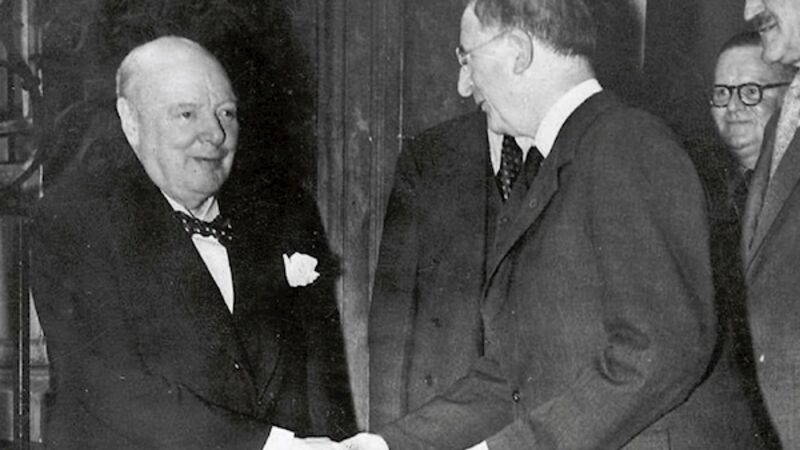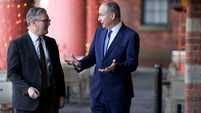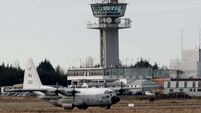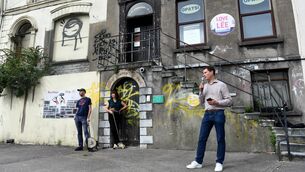New biography reveals Winston Churchill’s problem with Ireland

A new biography on Winston Churchill has much to recommend it but, from a purely Irish perspective, it is disappointing, writes
The latest biography of Winston Churchill by Andrew Roberts, Churchill: Walking with Destiny, has been widely acclaimed, but it is disappointing from a purely Irish perspective, because the author tends to gloss over Churchill’s failings in dealing with both the War of Independence and Irish neutrality during the Second World War.
















